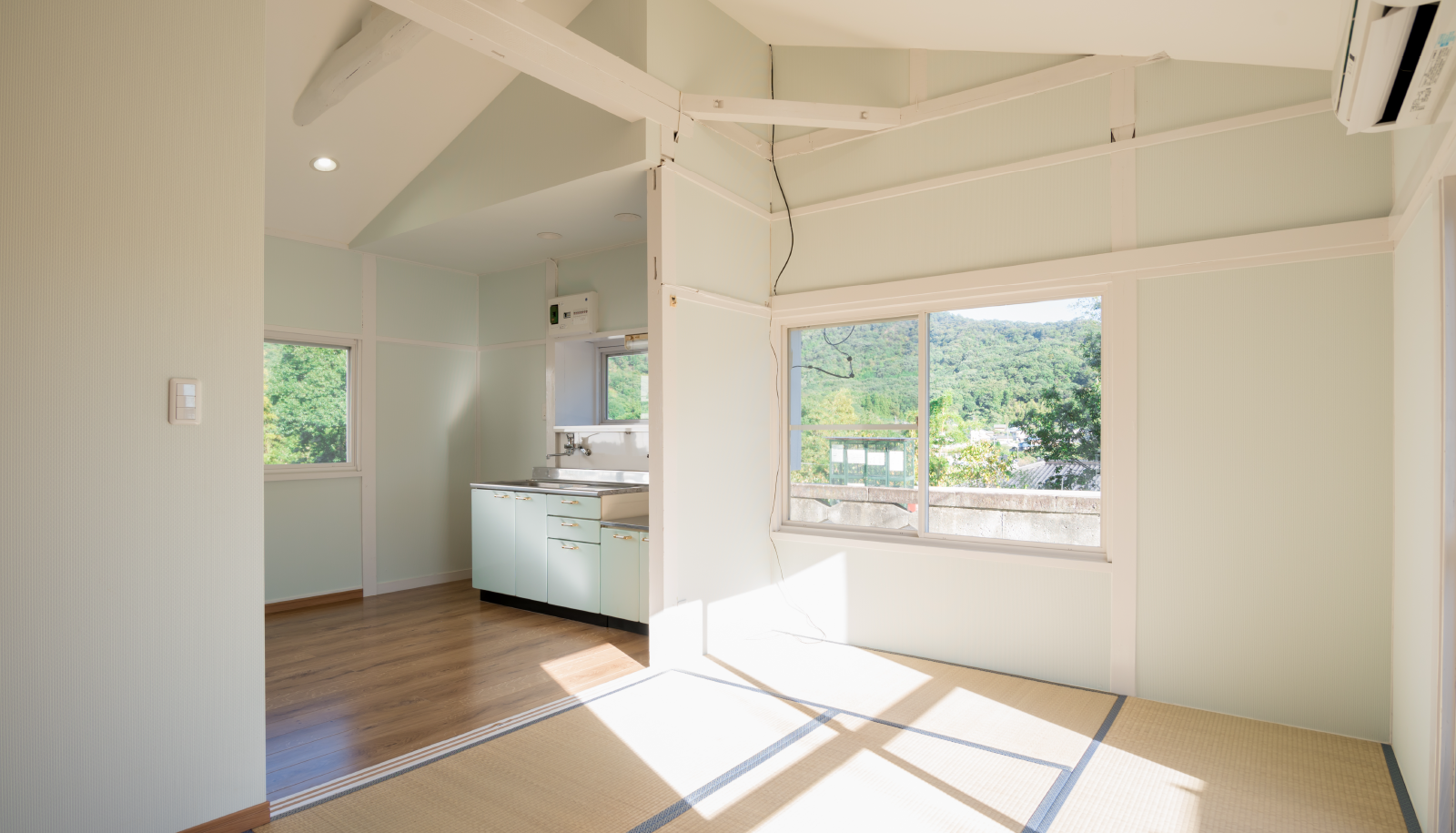Whether you have a vacation home, an empty rental home, or simply one that has sat vacant for some time, you may have thought “do I need any special kind of home insurance when my house is vacant?”
Until it happens, most homeowners don’t think twice about a vacant or unoccupied house. But there are a few crucial things you need to know when no one is living at your property.
In this post, you’ll learn:
- What are vacant properties?
- What are unoccupied properties?
- How to ensure your property is unoccupied, not vacant
- What’s the difference between vacant home insurance and traditional home insurance?
- Do you need vacant home insurance?
- How expensive is vacant home insurance?
VACANT VS. UNOCCUPIED PROPERTIES
You may not guess it, but there’s actually a difference between a vacant and unoccupied house. Though simple, the difference is vital when it comes to your home insurance policy or filing a claim.What are Vacant Properties?
Vacant means the house is completely empty; void of occupants and any substantial property. For example, if you move everything out of your existing home into a new home, that empty home would be considered vacant (even if you intend to sell it).
Insurance companies see a vacant home as a higher risk factor, since there are no occupants to report incidents or accidents. Vacant homes are also an easy target for vandalism and theft, which is why there is often exclusions on your home insurance policy for any claims for a vacant house or property.
What are Unoccupied Properties?
Conversely, unoccupied properties are when a house is left furnished, and is also without occupants. Examples of unoccupied properties include a summer home or a rental home between renters.
In the case of unoccupied properties, your standard home insurance coverage may have exclusions or limitations in the case of a claim. That said, it’s always a good practice to talk to your insurance agent to ensure you’re covered with your unique policy.
How to Ensure Your Property is Unoccupied, Not Vacant
In addition, for your home or property to be considered unoccupied, rather than vacant, you’ll need to have enough furnishing to be considered substantial to live. That includes appliances and furniture needed for functional living.
VACANT HOME INSURANCE VS. TRADITIONAL HOME INSURANCE
If you have (or plan to have) a vacant home, all is not lost. There is still potential for coverage and insurance protection on the property. A special type of coverage, vacant home insurance, is just what homeowners need in this situation.
Vacant home insurance varies from traditional home insurance policies in that certain coverage isn’t included. Here’s what’s included and what changes with vacant home insurance:
- Perils like fire, lighting, hail, wind, and explosions typically remain covered, though exclusions for certain perils vary from policy to policy
- Additional living expenses are not included
- Liability insurance is optional and a policy add-on in most cases
- Personal property loss (or your belongings) is often not included
- Vandalism and theft coverage is optional and a policy add-on in most cases
Additionally, vacant home insurance policies tend to be written for shorter periods of time — 3 or 6 months, in many cases.
If you plan to leave your home vacant, be sure to shop around for reliable vacant home insurance coverage.
Do You Need Vacant Home Insurance?
Here are a few scenarios when you might need vacant home insurance:
- Inheriting a home that will be empty
- Purchasing a home but won't be moving in immediately
- Renting a home and in-between tenants
- Traveling for weeks at a time
- Vacation home
Depending on your carrier, you generally have about 30 to 60 consecutive days (or more) of having a vacated home before it’s officially considered vacant by your home insurance company.
While you have a window of time before vacant home insurance is necessary, it’s important to read the vacancy clause in your policy. Better yet, get in touch with your carrier or agent if you know your home will be vacant for a time.
It’s important to note that any claims made on your property after the 30 or 60 day window (depending on your policy), could be denied or have policy limitations applied, depending on the type of loss.
How Expensive is Vacant Home Insurance?
Due to the higher liability for insurance carriers, you’ll find vacant home insurance can be approximately three times as expensive as traditional home insurance.
With the cost difference in mind, consider whether leaving a property vacant is worthwhile for you.
That said, most carriers offer both short policy periods and the ability to cancel at any time, once the property has occupants once again.
As you’ve learned, vacant home insurance isn’t necessary for every empty home. That said, for those truly vacant homes, it’s important to take steps to secure vacant home insurance.
If you need help finding the best homeowners insurance coverage for the best price, start by speaking to a SimplyIOA agent at 833.872.4467 or get a homeowners insurance quote online now.










